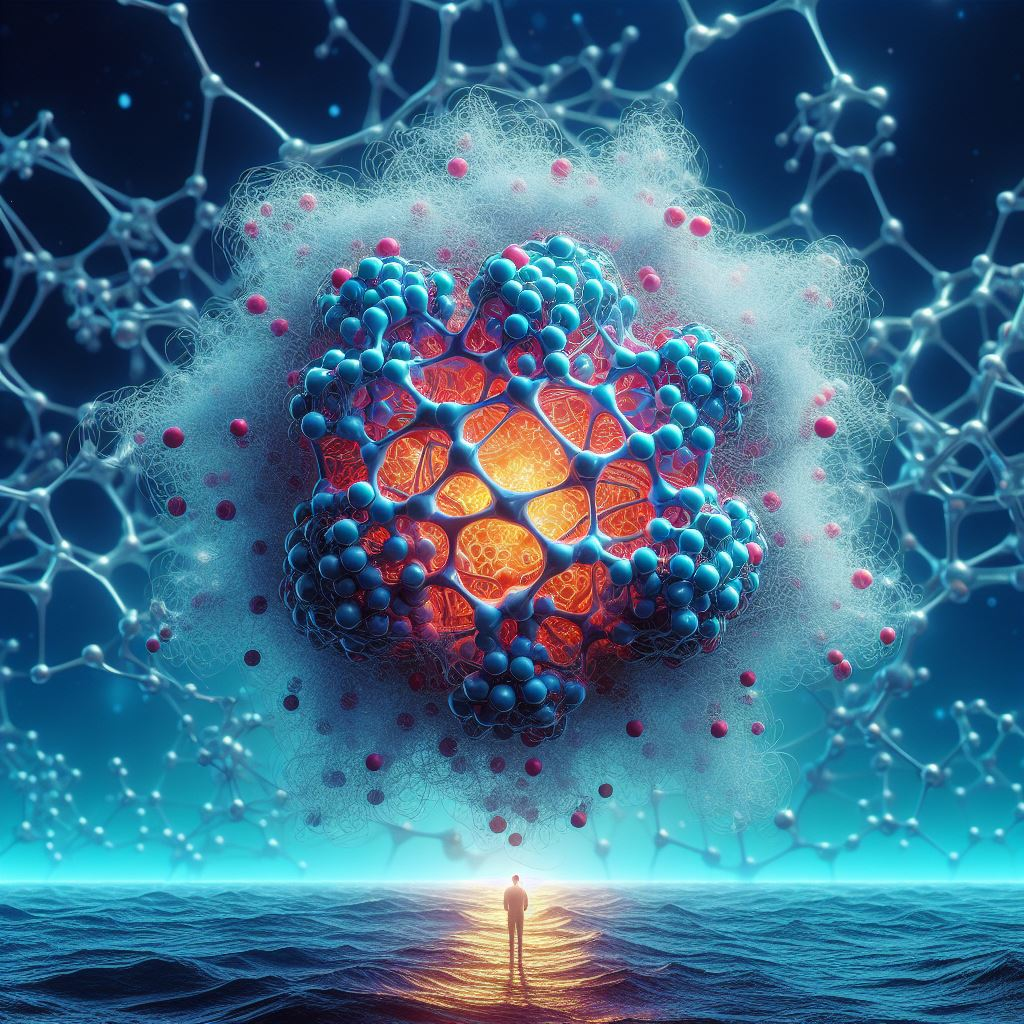DeepMind has introduced a groundbreaking model, AlphaFold3, poised to reshape the landscape of biology and medical research.
Google’s artificial intelligence division DeepMind has introduced a groundbreaking model, AlphaFold3, poised to reshape the landscape of biology and medical research. This innovative model, touted by researchers as a potential game-changer, could pave the way for significant breakthroughs in areas ranging from cancer treatments to agricultural resilience.
AlphaFold3 boasts an unprecedented capability to predict the intricate interactions between life’s molecules with remarkable precision. This advancement is expected to accelerate the quest for novel drugs and therapies targeting some of humanity’s most challenging diseases.
Offering the tool for free to non-commercial researchers, DeepMind aims to catalyze a transformation in drug discovery and medical treatment methodologies. Sir Demis Hassabis, the founder and CEO of DeepMind, highlighted the program’s potential to revolutionize both the speed and depth of understanding in the biological realm.
Describing the fundamental operations of living cells as “molecular machines,” researchers anticipate that AlphaFold3 will provide insights into life’s processes by elucidating the interactions among proteins, DNA, ligands, and other molecules across diverse combinations.
AlphaFold3, powering the AlphaFold Server, surpasses traditional methods by 50% in accuracy, capable of rapidly generating predictions that would typically require months or years. Dhavanthi Hariharan, product manager at DeepMind, emphasized the user-friendly nature of the AlphaFold Server, simplifying the generation of biological molecules with a few clicks.
Sir Demis highlighted the evolutionary trajectory of AlphaFold, culminating in AlphaFold3 following the significant milestone of AlphaFold 2, which accurately predicted the structures of numerous human proteins. Recognized in 2020 for solving the longstanding challenge of protein structure prediction, AlphaFold continues to evolve, albeit with additional computational demands to enhance accuracy.
Matthew Higgins, an expert in structural biology at the University of Oxford, attested to AlphaFold’s transformative potential, particularly in unraveling the intricacies of cellular machinery. Researchers across various biomedical fields anticipate AlphaFold3 to redefine their understanding and exploration of biological processes.
In summary, DeepMind’s AlphaFold3 represents a pivotal advancement in computational biology, promising to propel scientific endeavors towards unprecedented insights and discoveries in medicine and beyond.
